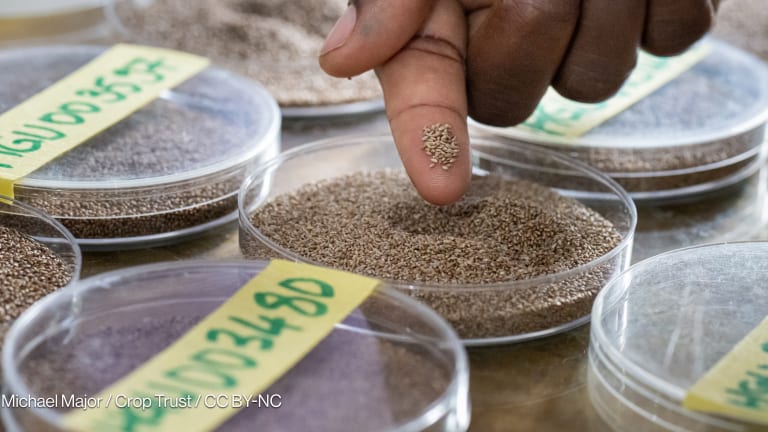NAIROBI — Food insecurity is on the rise across the African continent, fueled by conflict, climate change, economic slowdowns, pests, and the COVID-19 pandemic. But this trend could be turned around if humanitarian responses were managed differently, according to speakers at the 31st session of the Food and Agriculture Organization’s Regional Conference for Africa, which was held virtually this week.
Humanitarian responses often operate in silos from development efforts and not enough is done to forecast risk and build resilience to shocks in populations, experts said. This approach only creates short-term solutions to food insecurity.
“Only if we stabilize humanitarian crises will we have a hope of achieving the Sustainable Development Goals,” said Mark Lowcock, United Nations undersecretary-general for humanitarian affairs and emergency relief coordinator.
Search for articles
Most Read
- 1
- 2
- 3
- 4
- 5








